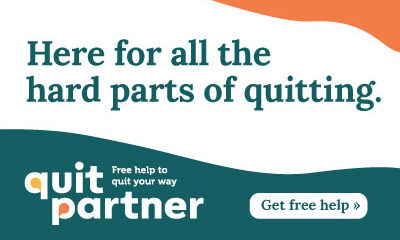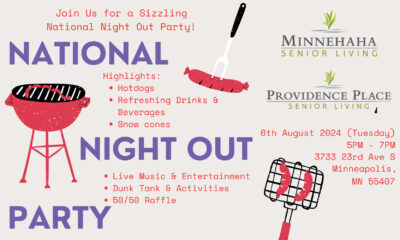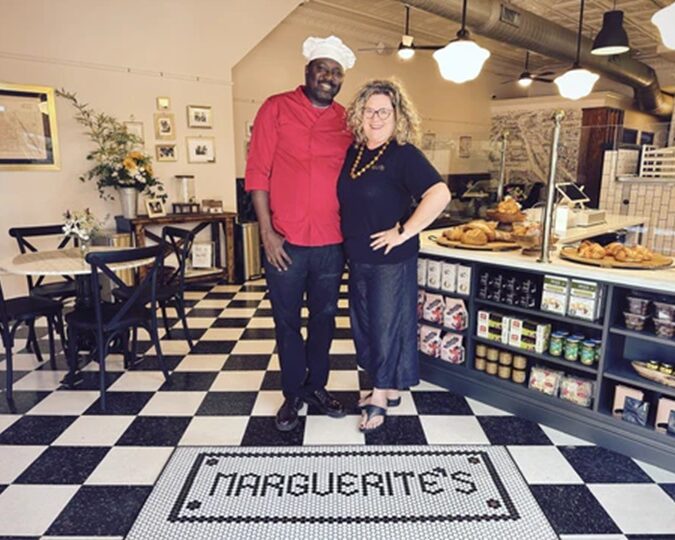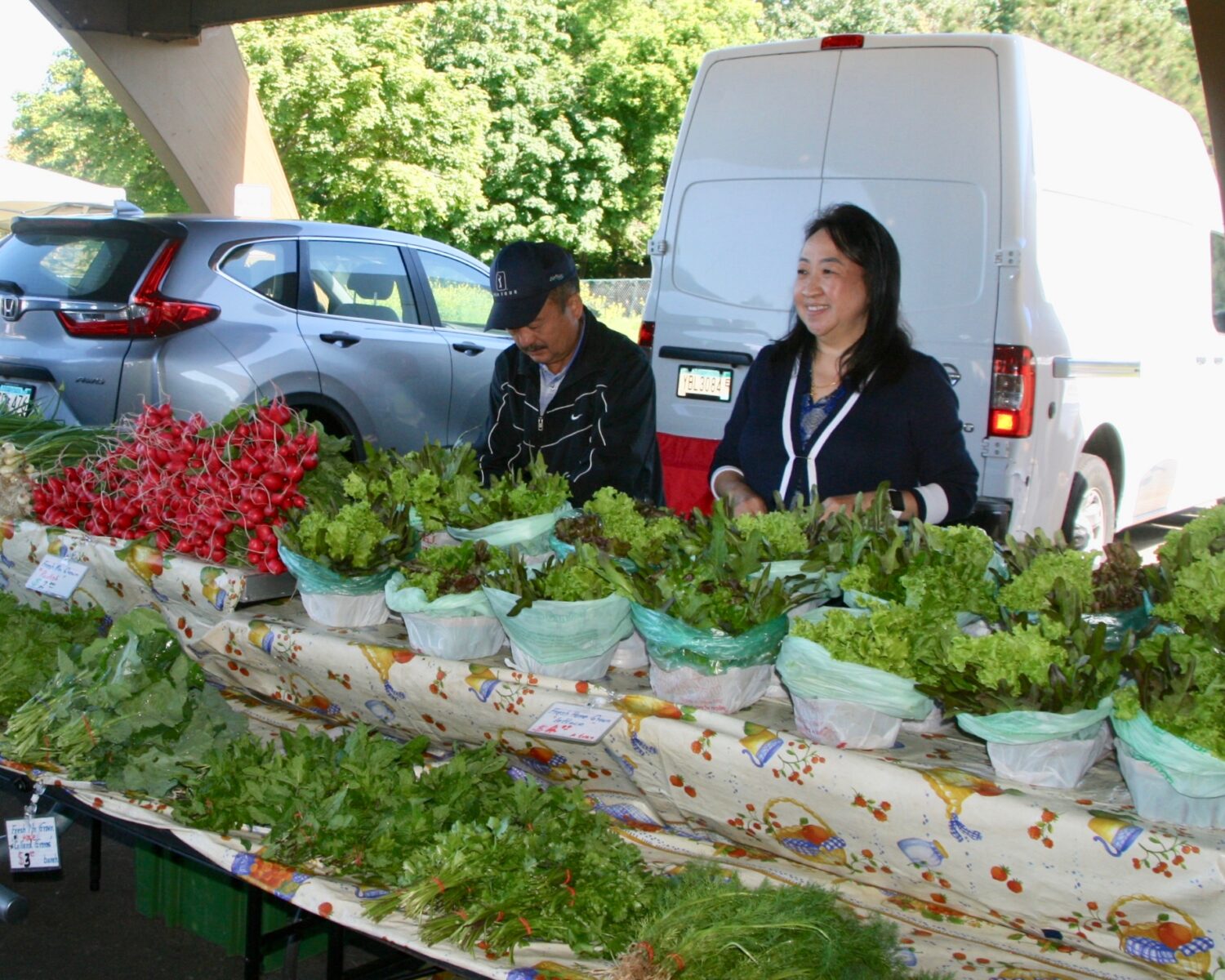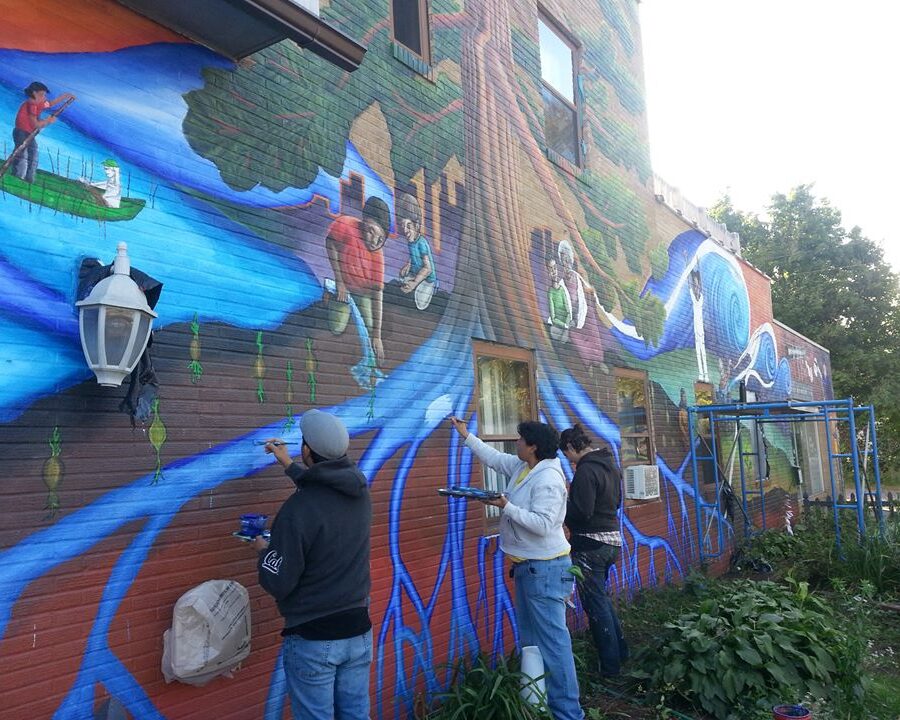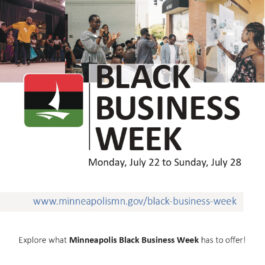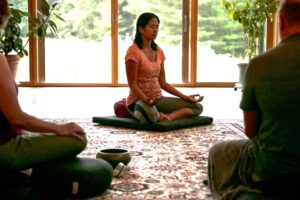
Retreat by Common Ground Meditation Center
BY DEBRA KEEFER RAMAGE
Breaking it down
This edition of “Gracefully” will focus on what elders, especially those living solo, need in order to thrive, and ways to satisfy those needs with resources available in south Minneapolis. We’re breaking down the needs into five categories; they’re not the usual categories, but I think they will make sense in the end:
• Healthy food and health care.
• Physical health.
• Mental wellness.
• Mobility.
• Connections, fun, and being active.
Yes, there are overlaps and ambiguities between these categories. That’s a feature, not a flaw, as it reflects the ambiguities in life itself.

Harmony Valley Farm CSA
Healthy food and health care
It matters where you get your health care. At age 65, most of us become eligible for Medicare, and if that’s you, it’s worth your while to both take a class in the intricacies of Medicare and talk to your friends before you make decisions. Among the things you need to decide is whether to use an Advantage plan or stay with “original Medicare,” and whether to supplement with extra insurance, as well as decide who your main provider(s) will be. Community education programs, AARP, and other nonprofit groups offer such classes.
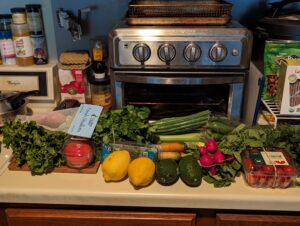
A typical biweekly box from Imperfect Foods
You might want to consider complementary health care (in addition to, not replacing, traditional medicine) such as chiropractic, herbal medicine, or acupuncture. The Twin Cities are rich with unique possibilities for such things. Present Moment, providing health consultation, supplements and alternative medicines, and Community Acupuncture, a network that provides low-cost treatments for many self-limiting conditions like back pain or insomnia, are examples. See free local magazines such as Natural Awakenings and The Edge for more ideas and resources.
Arguably, healthy food is more critical to your health than anything else. If money is not a problem, find your healthy foods at local co-ops or good grocers, or join a Community- Supported Agriculture (CSA) scheme to get boxes of fresh organic produce. You could supplement that by growing vegetables in your own garden, even if it’s just a patio garden. Another less expensive alternative to a CSA or grocery delivery is Misfits

Choosing your health care provider
Markets/Imperfect Foods where you can shop online for deeply discounted foods (some of which would otherwise go to waste), and have it delivered to your door.
If money is a constraint, there are several organizations working to fill the gap and provide healthy food for all. Besides food shelves, public pantries, and the usual charity and church free meals, check out Soup for You! Cafe in the Seward neighborhood, Sisters Camelot at multiple distribution sites or Breaking Bread at Cafe Racer (also in Seward) on the last Monday of the month. If you are an Indigenous elder, you may qualify for free meal delivery of culturally appropriate, high nutritional quality food from several sources, including First Nations Kitchen.
Physical health
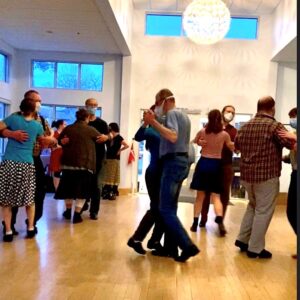
Nordic Social Dance at Tapestry Folkdance Center
Your needs in these areas will vary greatly, depending on where you’re starting from. Basically this category is about movement, exercise, stamina, and … breath! Yes, breath is sort of where it all starts. You can overlap satisfying this need very easily with the last category by choosing activities that you both enjoy and need, physically. Dance, pickleball, walking around lakes, bicycling, hot yoga, chair yoga, swimming, water aerobics. Opportunities to do all of these are here in the Twin Cities, sometimes for little or no cost. You can do them alone, but you can also do them in a group you enjoy being with. Check out meetup.com, Community Education, and your local park for groups to join. Try out Tapestry Folkdance Center or Dances of Universal Peace for something different.
Mental wellness
Reading, or listening to audiobooks if your eyesight is bad, stimulating conversation, and mental challenges like puzzles, sudoku or board games, are all important for maintaining cognitive health as you grow older. A variety is best, because cognitive power comes not from the size of the brain, but from the number of new neural pathways you create in it. Always be learning. Don’t get into a rut.
But just as physical training requires rest periods to work best, so mental “busyness” is best if balanced by contemplative quietude, such as mindful meditation. It is possible to simply learn how to meditate and start a singular practice. Not everyone can succeed at that, so here are some aides:
• Apps like Headspace, Calm or Buddhify.
• Meditation groups like Common Ground.
• Church or other nonprofit-based group meditation – see mnzencenter.org and recwell.umn.edu/wellbeing/meditation, for example.
• Start your own, after basic instruction. You can even do it on Zoom.
Sleep is important for both mental and bodily wellness. It gets both more crucial and more elusive with age. Do discuss this with your medical care person if you have problems sleeping.
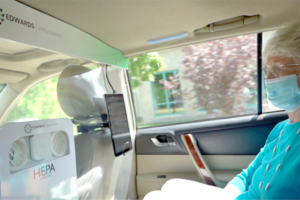
Edwards RideCare
Mobility
One of the common challenges with aging is driving. Are you still a safe driver? If you decide you’re not, how do you fill the gap? Here are some ideas:
• Groups such as Nokomis Healthy Seniors and Longfellow Healthy Seniors may offer rides and/or errand running volunteers for seniors in your area.
• Try Metro Transit. If you qualify, try Metro Mobility.
• If you can still drive a little, but not so much as to justify maintaining a car, check out hire-car services, including Evie which provides electric vehicles and charging points for short-term rentals when getting a lift or riding the bus won’t cover it.
• There is a local rideshare company specifically geared toward seniors and those with disabilities. Edwards RideCare was covered in a recent piece here: tcbmag.com/ridesharing-for-seniors.

Activities at Sabathani Community Center
Connections, fun, and being active
This is a hard one for me sometimes. I am physically lazy, extremely introverted, probably neurodivergent, and I grew up in a large, noisy family that caused me to prize my solitude. But it’s true that none of the strategies above will work very well if you spend most of your time alone. Even reading, music and films, even loving pets, cannot really substitute for hanging out with fellow humans doing enjoyable things together. For me, being a socialist gives me opportunities to be with like-minded people (most of them younger than my kids, which is also probably good). But it can be anything, from battle reenactment to theater visits, from card games to volunteering.
For instance, like many others, I decided not to get any more pets when my last one passed away, for fear of me dying before they did. So
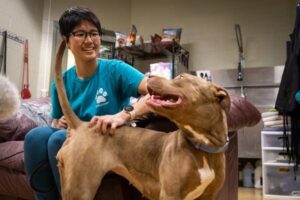
Volunteering with shelter dogs
volunteering with animals can fill that gap, such as these ideas: canine.org/get-involved/ways-to-volunteer (focusing on dogs). Book clubs are good, but not always as satisfying as you might hope. Meetup.com has this list of other clubs to enrich your life: meetup.com/blog/7-book-club-alternatives-to-try-with-friends.




